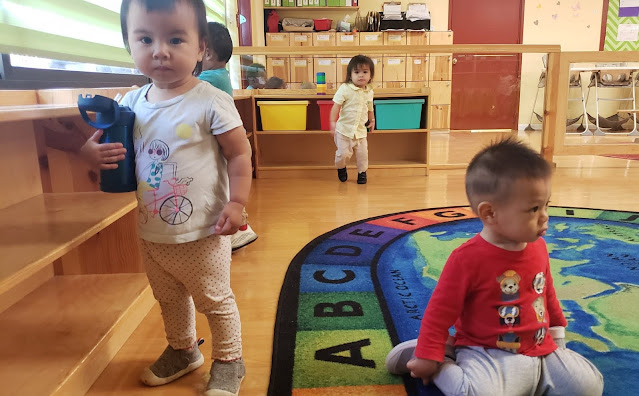Tips for parents on handling challenging behaviors in kids

Buena Park Montessori is an educational institution that follows the Montessori philosophy, focusing on the development of the whole child through a student-centered approach. They offer programs for infants, toddlers, and preschoolers, providing a nurturing and stimulating environment for children to explore and learn at their own pace.

At this age, the child's brain is rapidly developing, and brain development affects all areas of the body. Generally, there are mainly four areas of development that are motor (physical), social and emotional, language and communication, and cognitive. All of these are necessary for a child's development. In this blog, we have mentioned tips for mental health growth in your child.
Let's read it out:
Parenting
with respect
We suggest that respect plays a
crucial role in everyone's mental development. So it is very important to
change our behavior towards the kids to make them mentally strong.
That is the process that involves
spending quality time with your kids, getting along with them, giving them
freedom, and enjoying teaching them. The most important thing is to not
misbehave with them in front of others.
Comfort
Give your baby full comfort when they
are feeling stressed. So if they feel low, just hold and cuddle your baby for a
while. Let them know you are there to comfort them and are always there to help
them out when they feel stressed. According to studies, responsive, loving, and
supportive care helps babies cope with stress better than inconsistent care.
Be physically
active
Being active is not only great for
your physical health and fitness; it also helps your child's mental
development. Research has shown that physical activity can improve your mental
well-being by:
· assisting you in setting
and achieving objectives or challenges
· Raising your self-esteem
· producing alterations in
brain chemistry that can assist in elevating your mood
Take care of
their body
Taking care of your child's body can
improve your mental health. Make sure that they:
· Eat nutritious meals
· Drink plenty of water
· Exercise reduces
melancholy and anxiety and improves spirits.
· Get adequate rest.
Researchers believe that lack of sleep contributes to a high occurrence of
sadness in Montessori students.
Read to your
baby regularly
It is very crucial to know everything
about your child. Reading is the essence of communicating effectively with your
child. Your baby or toddler will develop a love of learning and reading as a
result of this exercise. Also, it will allow you to spend valuable time with
your kids and encourage the development of a rich vocabulary.
Conclusion
Comments
Post a Comment